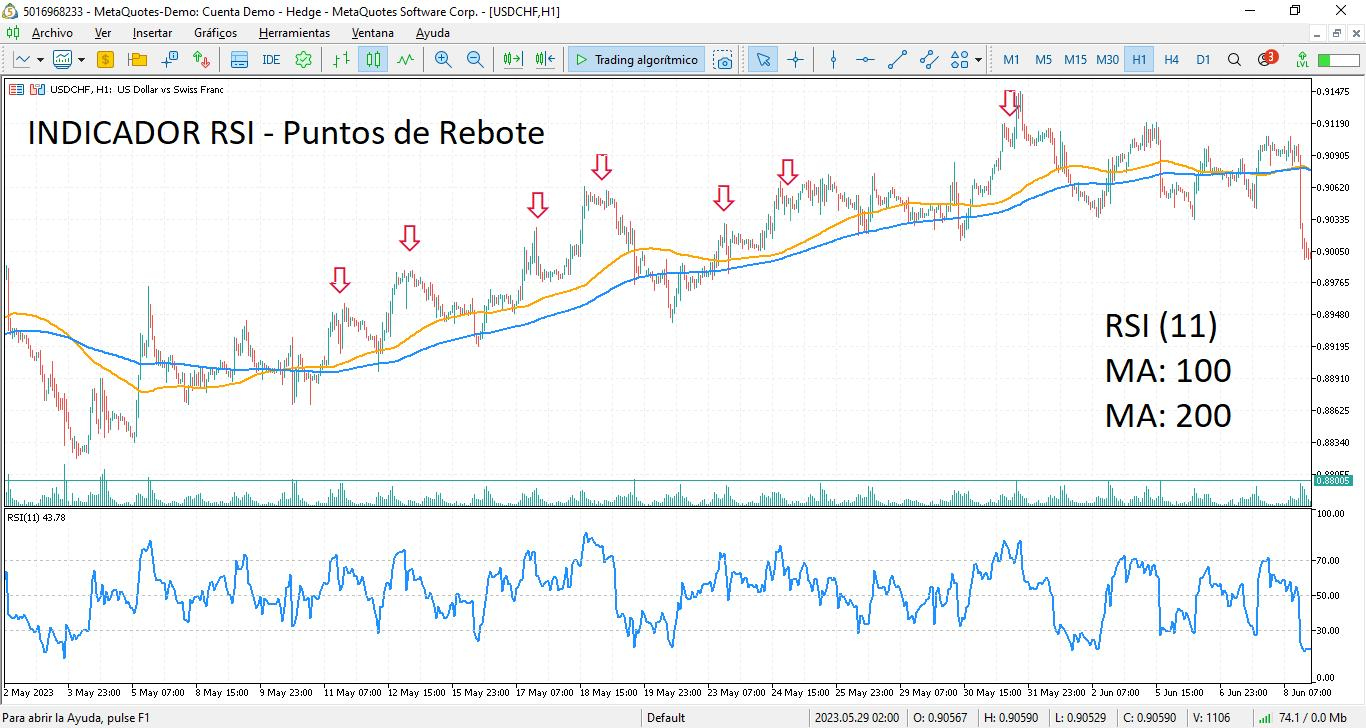Accounting Dictionary - Letter F

- FIFO (First-In-First-Out): A method of inventory valuation that assumes the first items purchased or produced are the first to be sold.
- Fair value: The price that would be received to sell an asset or paid to transfer a liability in an orderly transaction between market participants.
- Financial statement: A document that presents a company's financial position, performance, and cash flows.
- Fixed asset: A long-term asset that is not easily converted into cash, such as property, plant, and equipment.
- Fiscal year: A 12-month period used for financial reporting and tax purposes.
- Float: The amount of time between when a payment is made and when it is actually received.
- Forecasting: The process of predicting future financial outcomes based on historical data and trends.
- Franchise: A business that is owned and operated by an individual or company, but is affiliated with a larger company.
- Fraud: Intentional deception or misrepresentation that results in financial loss.
- Free cash flow: The amount of cash available to a company after paying its expenses and investing in its operations.
- FASB (Financial Accounting Standards Board): A non-profit organization that sets accounting standards for companies in the United States.
- FBAR (Foreign Bank Account Report): A report that must be filed by individuals and companies with foreign bank accounts.
- FCPA (Foreign Corrupt Practices Act): A law that prohibits companies from bribing foreign officials to obtain business.
- FICA (Federal Insurance Contributions Act): A law that requires employers and employees to pay taxes for Social Security and Medicare.
- Factoring: A financial transaction in which a company sells its accounts receivable to a third party.
- FAR (Federal Acquisition Regulation): A set of rules that govern the acquisition of goods and services by the federal government.
- Feasibility study: An analysis of the practicality of a proposed project or investment.
- Federal tax lien: A claim made by the federal government against a taxpayer's assets for unpaid taxes.
- Fidelity bond: A type of insurance that protects a company against losses due to employee dishonesty.
- Fiduciary: A person or organization that has a duty to act in the best interests of another party.
- Filing status: The category under which an individual or company files its tax return.
- Finance charge: A fee charged by a lender for borrowing money.
- Financial accounting: The process of preparing and presenting financial statements to stakeholders.
- Financial advisor: A professional who provides advice on financial matters, such as investments and tax planning.
- Financial analysis: The process of analyzing financial data to make informed decisions.
- Financial controller: A person responsible for overseeing a company's financial operations.
- Financial leverage: The use of debt to finance a company's operations or investments.
- Financial position: A company's financial situation, including its assets, liabilities, and equity.
- Financial ratio: A measure of a company's financial performance, such as its debt-to-equity ratio.
- Financing activities: Transactions that involve the borrowing or repayment of funds.
- Fiscal period: A 12-month period used for financial reporting and tax purposes.
- Fixed budget: A budget that is not subject to change or revision.
- Fixed cost: A cost that remains the same even if the level of production or sales changes.
- Floor planning: A type of financing that allows a company to purchase inventory or equipment.
- Forensic accounting: The use of accounting and investigative techniques to detect and prevent financial crimes.
- Form 1040: A tax form used by individuals to report their income and pay their taxes.
- Form 1099: A tax form used to report income earned by independent contractors and freelancers.
- Form W-2: A tax form used to report an employee's income and taxes withheld.
- Form W-4: A tax form used to report an employee's tax withholding.
- Fringe benefit: A benefit provided to an employee in addition to their salary or wages.
- Full disclosure: The requirement that companies provide complete and accurate information to stakeholders.
- Fund accounting: A type of accounting used by non-profit organizations and government agencies.
- Fundamental analysis: A method of analyzing a company's financial performance and position.
- Future value: The value of an investment or asset at a future date.
- Footnotes: Additional information provided in financial statements to explain or clarify certain items.
- Forbearance: A temporary reduction or suspension of payments on a loan or debt.
- Foreign currency translation: The process of converting financial statements from one currency to another.
- Foreign exchange: The exchange of one currency for another.
- Forgiveness of debt: The cancellation or discharge of a debt.
- Franchise tax: A tax imposed on companies that operate in a particular state or country.
- Fraudulent conveyance: The transfer of assets with the intention of defrauding creditors.
- Free trade zone: An area where goods can be imported and exported without paying duties or taxes.
- Freight-in: The cost of transporting goods into a company's warehouse or facility.
- Freight-out: The cost of transporting goods out of a company's warehouse or facility.
- FUTA (Federal Unemployment Tax Act): A law that requires employers to pay taxes for unemployment insurance.
- Face value: The stated value of a security or instrument.
- Factoring: A financial transaction in which a company sells its accounts receivable to a third party.
- FATCA (Foreign Account Tax Compliance Act): A law that requires foreign financial institutions to report information about U.S. account holders.
- FDIC (Federal Deposit Insurance Corporation): A government agency that insures deposits in banks and thrifts.
- Fee simple: A type of property ownership in which the owner has complete control and title to the property.
- FIFO method: A method of inventory valuation that assumes the first items purchased or produced are the first to be sold.
- Filer: A person or company that files a tax return or other document with the government.
- Filing extension: An extension of time to file a tax return or other document.
- Final account: A financial statement that presents a company's financial position and performance at the end of an accounting period.
- Finance lease: A type of lease that is treated as a purchase for accounting purposes.
- Financial instruments: Assets or liabilities that are used to finance a company's operations or investments.
- Financial modeling: The use of mathematical models to forecast a company's financial performance.
- Financial planning: The process of creating a plan for a company's financial future.
- Financial risk: The risk that a company will not be able to meet its financial obligations.
- Financing lease: A type of lease that is treated as a purchase for accounting purposes.
- Fiscal policy: The use of government spending and taxation to influence the economy.
- Fixed charge: A charge or fee that is fixed and does not change.
- Fixed interest rate: An interest rate that remains the same over time.
- Flexible budget: A budget that can be adjusted or revised as needed.
- FOB (Free On Board): A term used to indicate that the seller is responsible for the cost of transportation.
- Foreclosure: The process of taking possession of a property due to non-payment of a mortgage or other loan.
- Foreign tax credit: A credit against U.S. taxes for taxes paid to a foreign government.
- Forfaiting: A type of financing that involves the purchase of a company's accounts receivable.
- Forward contract: A contract to buy or sell an asset at a future date.
- Funds flow statement: A financial statement that presents a company's inflows and outflows of cash.
- Fungible: Goods or assets that are interchangeable and can be used in place of each other.






